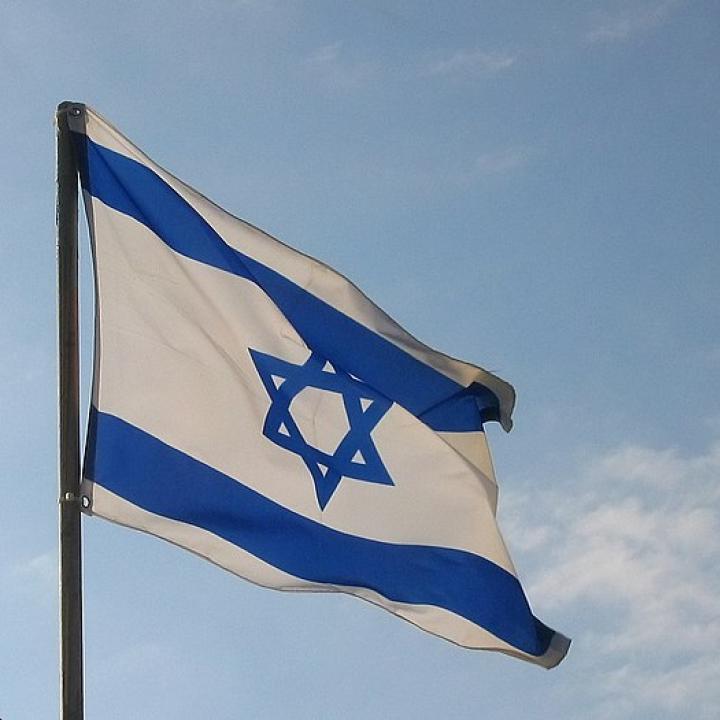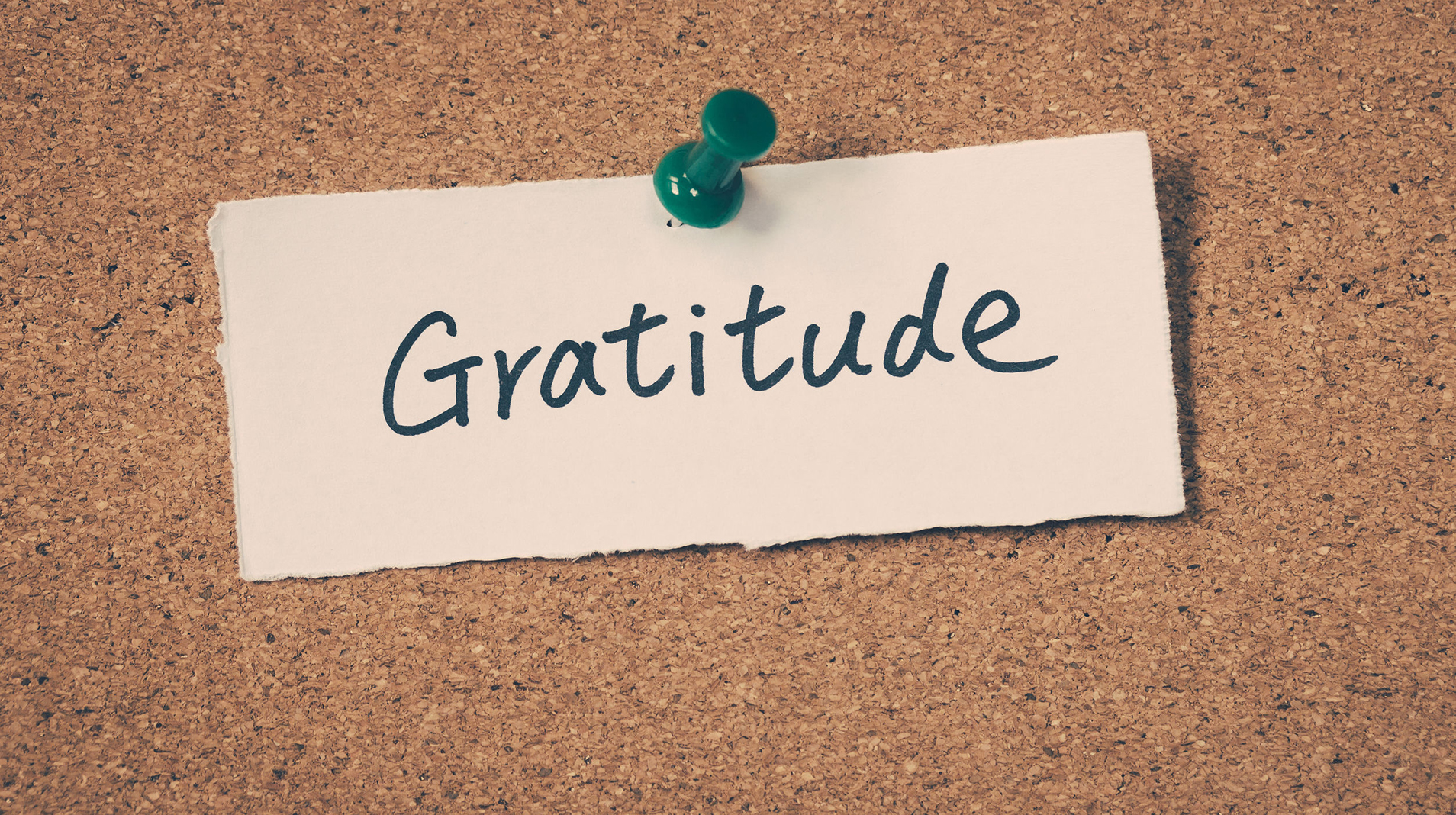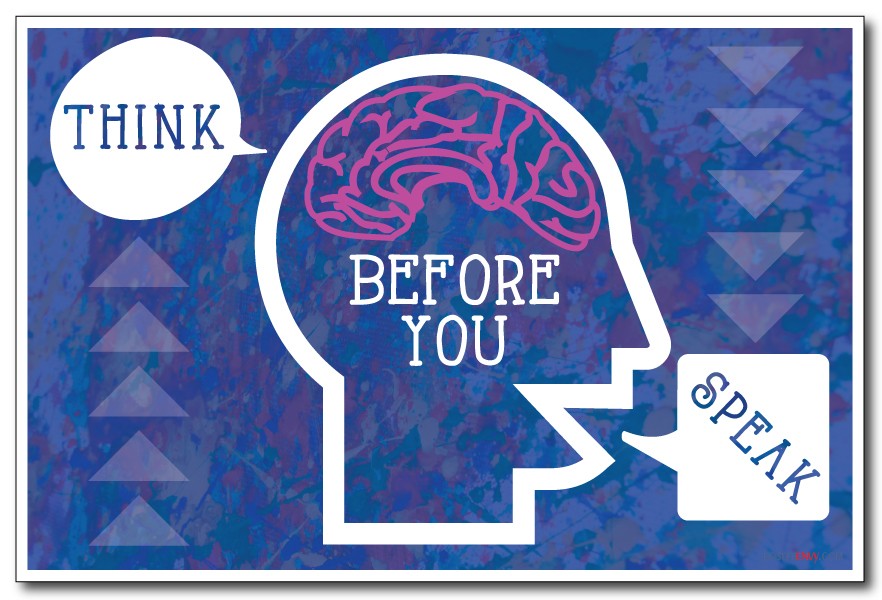
About Rabbi Paul Cohen
Rabbi Paul F. Cohen, D.Min., D.D. is originally from Chicago. He graduated with a bachelor's degree from Grinnell College where he studied biology and comparative religion. Upon graduation, he moved to Minneapolis where he worked for two years in a short-term residential treatment program for delinquent adolescents.
Rabbi Cohen received his Masters of Arts and rabbinic ordination and the honorary degree, Doctor of Divinity, celebrating 25 years in the rabbinate in March 2015, from the Hebrew Union College-Jewish Institute of Religion in Cincinnati, Ohio. While there, he served as the student rabbi for the United Hebrew Congregation in Ft. Smith, Arkansas and the auxiliary chaplain at the Wright Patterson Air Force Base in Dayton, Ohio. Rabbi Cohen's rabbinical thesis was titled "Modes of Divine Communication: Some Aspects of the Rabbinic Views" which focused on some of the less conventional ways rabbis expect to send and receive communication vis a vis heaven. Rabbi Cohen was awarded a Doctor of Ministry degree from the Bangor Theological Seminary in May 2001. His dissertation is entitled "Digging Our Parent's Wells" and deals with congregational renewal.
While in Cincinnati, Rabbi Cohen met his wife, Cathy, and together they moved to Norfolk, Virginia where he served as the assistant and then associate rabbi of Ohef Sholom Temple. Active on many community boards of directors, Rabbi Cohen was the founding president of the South Hampton Roads Campaign for the Homeless. Immediately prior to serving Temple Jeremiah, Rabbi Paul Cohen was the spiritual leader of Congregation Bet Ha'am in South Portland, Maine and served on the boards of the Jewish Federation, Cedars Nursing Home, the Equity Institute and the Cancer Community Center. He was the president of the Greater Portland Interfaith Council, a founding member of the Religious Coalition Against Discrimination and the Maine Interfaith Coalition for Reproductive Choices and sat on its executive board. Politically and communally active, Rabbi Cohen has been asked on several occasions to offer testimony before state legislative committees.
Rabbi Cohen served as chair of the Rabbinic Advisory Committee of Olin-Sang Ruby Union Institute, he is President of the Chicago Association of Reform Rabbis and is a past board member of the Interfaith Housing Center of the North Shore (now called Open Communities), was a founding board member of Family Promise of Chicago North Shore, served as President of the Chicago Board of Rabbis and is a member of the Winnetka Interfaith Council, served on the Ethics Committee of the North Shore Senior Center. He is a graduate of the Kellogg Management Education for Jewish Leaders program, sits on the Jewish United Fund/Jewish Federation Board of Directors and the Jewish Center for Addiction Advisory Board and serves on the Clergy Advisory Board for the Public Defender of Cook County. He is a Senior Rabbinic Fellow of the Shalom Hartman Institute in Jerusalem.










